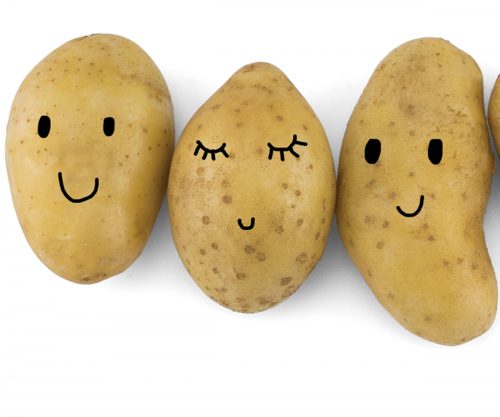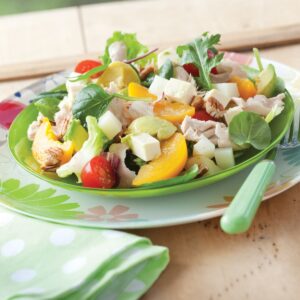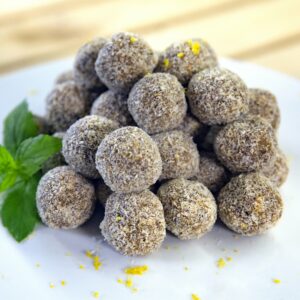
What do we consider ‘life skills’ these days? Is it being able to Google map our way to our destination or knowing how to text, navigate Wikipedia or do our banking on the phone?
These things are important to know, certainly, and can help us in our daily lives. It may shock us to think about the pace of technological change. There’s a whole generation growing up now who will probably never use a landline, cheque book or CD player.
They will still have to eat, though. Those days when we imagined a future in which we’d pop a pill to satisfy all our nutritional needs have, thankfully, gone. We understand now that food fulfils much more of a role in our lives than just fuel.
So, how to feed ourselves is still a vitally important life skill – and one we can’t take for granted our kids are learning. Being in control of nourishing ourselves and others means we will likely have a much greater chance of being healthier, since the food we eat at home is probably going to be healthier than anything we might eat in a restaurant or fast food outlet. If we give that control to commercial cooks, we’re in their hands.
As an ambassador for the Garden to Table programme, I’ve long been an advocate of teaching kids in schools to grow, cook and share food. It seems a no-brainer to me that the earlier these skills are embedded in a child, the more long-term benefits will come.
It’s easy to think gardening and cooking are ‘soft’ skills, nice to teach but way down the priority list compared with important things such as reading and maths. It’s true, those things are really important. But when we look deeper, it’s clear growing and cooking are not as simple as noodling around in the garden and kitchen. There are many other skills kids get from the seemingly simple act of learning to make a meal, for example, consider:
Literacy
Gardening means learning the names of plants and learning how to make those plants thrive. Cooking means learning how to read a recipe and understand and interpret instructions. These are crucial reading, comprehension and maths skills that contribute to cognitive development.
Creativity
Both growing and cooking involve elements of this, in learning and experimenting with flavour combinations and ingredients and trying different techniques, to say nothing of artistic plating. It takes creative flair to look at the garden and pantry shelves and come up with what to make for dinner, Google can only take you so far that way.
Teamwork
When kids are learning to grow and cook in the Garden to Table programme, they have to work in teams. They have to form consensus, make decisions and try ideas together and they get to taste the results of those ideas at the end of each class when they sit down to eat together. A great side benefit is when kids have taken ownership of growing and cooking the meal, they’re much more likely to eat it, often trying unfamiliar vegetables they’d may never encounter or eat at home.
Physical development
Both gardening and cooking involve physical dexterity, learning how to use tools and kitchen implements, balancing and holding and moving around both indoors and outside.
While it’s easy to understand that our kids will probably never need to know how to deposit a cheque or read a map book, we can’t let them grow up without knowing how to nourish themselves. It’s too important.
For more ways to help your kids eat well you might be interested in:
Five ways to keep your kids healthy for life!
What to feed your kids for better learning power
10 ways to help your fussy eater
Better eating on the autism spectrum
www.healthyfood.com










